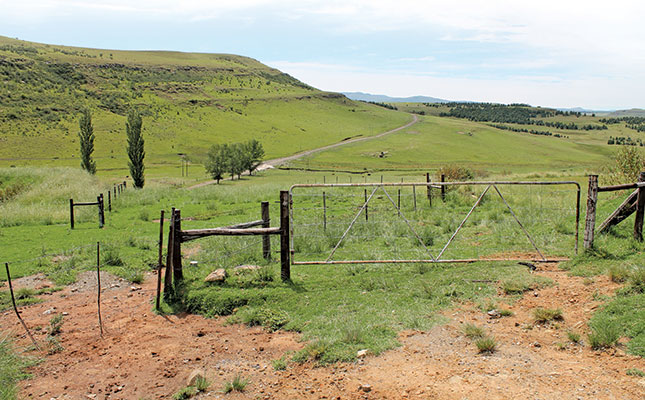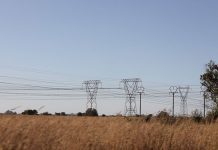
In his debate of the State of the Nation Address, he argued that these moves would help to bring about “radical economic transformation”, especially in terms of land reform.
According to Nkwinti, since 1994, a total of 4 850 100ha had been acquired through the land redistribution programme, 3 389 727ha had been restored through land restitution and R11,5 billion had been paid out to land claimants. Another 2 772 457ha would have been restored had claimants opted for land instead of financial compensation.
READ Finding a way forward for land reform in South Africa
A number of agricultural leaders have expressed shock at Nkwinti’s call for a pre-colonial audit of land ownership and restitution without compensation.
Annelize Crosby, legal and policy advisor for Agri SA, said that the call had been made most probably due to political pressure from the ANC and to take attention away from allegations of corruption against the minister.
John Purchase, CEO of AgBiz, said that even if flagged as political rhetoric, the minister’s push for restitution without compensation was unacceptable and irresponsible.
“Such a government programme would be totally outside of the spirit and letter of the current and negotiated Constitution of South Africa. If implemented, it will have catastrophic consequences for the economy as well as food security.”
Purchase estimated that farming debt in South Africa was close to R150 billion, much of which was collateralised and bonded through land by the banking system.
“If commercial farmland totally loses its value, which will happen when wholesale expropriation without compensation takes place, then the effect will be too ghastly to contemplate. Agbiz, however, believes that government and the minister will not go down this route, and if they do, there will no doubt be major challenges in the Constitutional Court.”
In terms of a pre-colonial audit, Purchase surmised that Nkwinti was referring to an audit of landownership prior to 1652, the year that people of Caucasian descent established a refreshment post in the vicinity of what is Cape Town today.
“We believe the minister’s motive to be pretty clear and the objective is Zimbabwe-style land grabs of white-owned land through so-called legal process,” Purchase said.
Louis Meintjies, president of TAU SA, warned that restitution without compensation would not result in radical transformation, as the land would remain government property.
READ Mixed reactions from agri-leaders to SONA 2017
“Restitution without compensation will basically result in the nationalisation of land, and the country ending up in much the same way as Zimbabwe. Land will most probably be handed to a few politicians in high places, but these politicians will not be able to supply food security to the nation and only they will be enriched through the process.”
Meintjies said that the ANC was trying to turn the country into a socialist or communist state, without consideration of the dire impact this would have on the population as a whole.
Crosby said that it would be difficult for the Constitution to be changed, since a two-thirds majority would be needed to do so, and the ANC did not have this. The fact that internationally recognised human rights would be affected in the process could also hinder an amendment.
Meintjies warned, however, that people should not put too much faith in the Constitution.
“The Constitution does offer some protection, but there are also voids that leave farmers vulnerable,” he said.
The African Farmers’ Association of SA did not want to comment on the minister’s call for restitution without compensation or a pre-colonial audit for land.
“With our experience of working with the Department of Rural Development and Land Reform, we do not think the department has the capacity to implement what they say. However, it is not a better counter-offer to [the] EFF stance on Land Reform,” the organisation stated in an email.
What are your views on the minister’s call for restitution without compensation? Leave your comments below.












